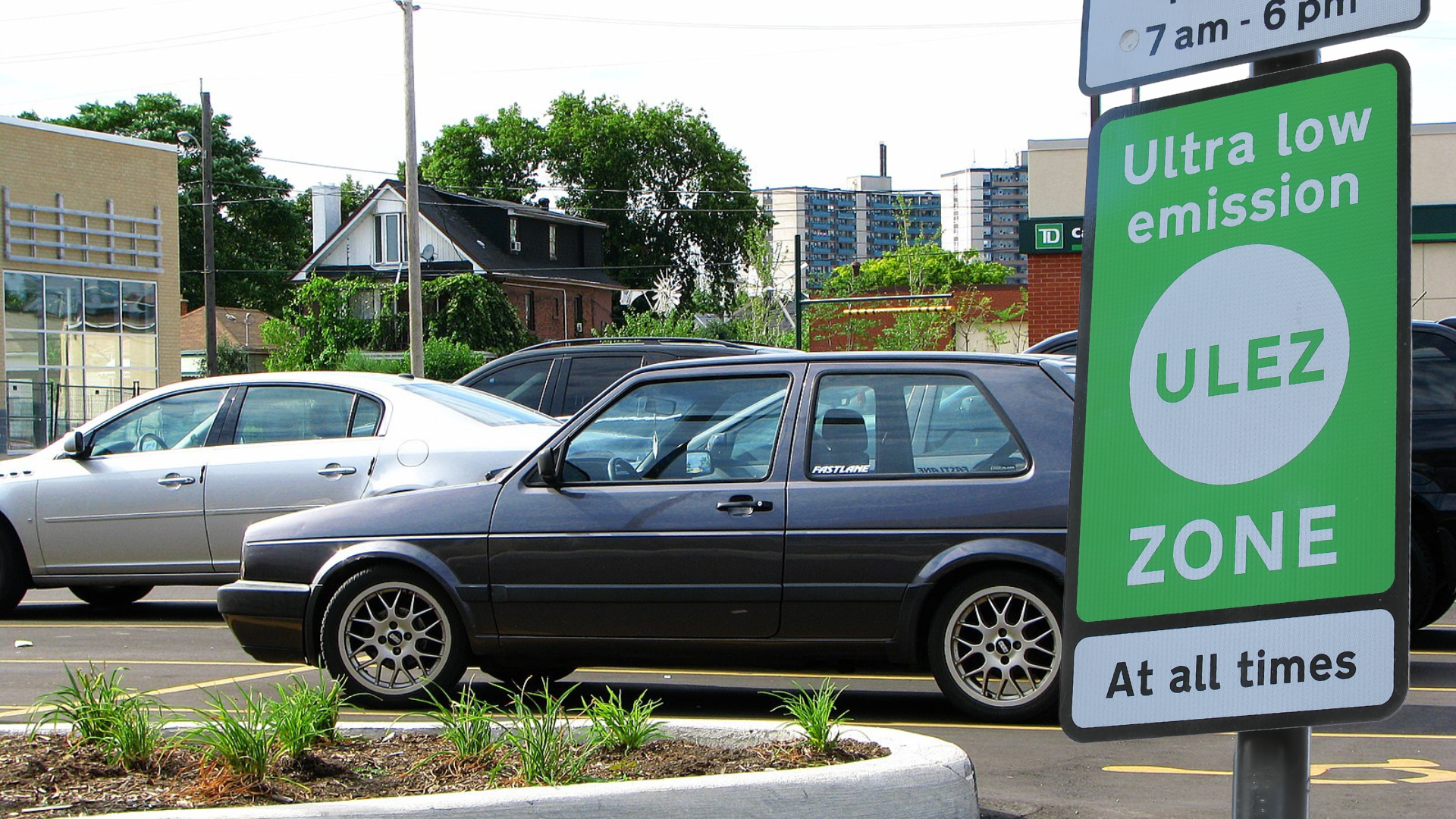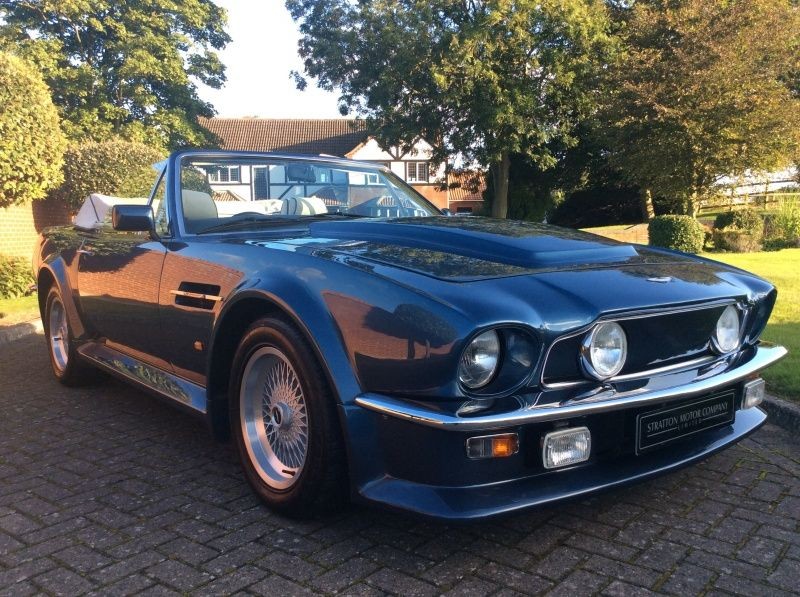The government is considering imposing further rules around vehicle modifications. The proposed ‘tampering’ driving laws could see owners of modified cars faced with hefty fines. These new laws would create offenses for modified parts on road-going vehicles. The government could go even further and create new offences for non-road-going vehicles too. What does this all mean?
There are already rules around car modifications that cover things such as how dark window tints can be, adding neon lights or ridiculously loud exhausts. Motorcycles will also be included in these changes. The proposed changes to rules around car modifications intend to take care of mods that:
“Negatively impact on road safety, vehicle security and the environment”.
The government also proposes that these new rules cover non-road-going machinery and target those advertising these services, not just the buyer. These rules are intended to close loopholes in the vehicle modification laws and
These rules would apply “where a principal effect of the product is to bypass, defeat, reduce the effectiveness of or render inoperative a system, part or component (the product may be a physical part or component, hardware and/or software).
“A specific offence for removing, reducing the effectiveness of, or rendering inoperative a system, part or component for a vehicle/NRMM and advertising such services.
There are concerns that this would make it difficult for legitimate businesses to operate in the restoration of classic cars, for instance. Those who like to race cars have also raised concerns as these rules could apply to non-road-going vehicles also. They say safety improvements such as installing racing seats could be banned.
Transport Minister Trudy Harrison says:
“The Department for Transport officials have been instructed to ensure the new rules don’t impact certain areas, including restoration, repairs or legitimate improvements to classic cars, or motorsports businesses involved in these activities”.
The consultation ends on Monday, November 22nd. The department for Transport is also seeking public opinion on how they can regulate safety, security, and environmental performance from the vehicles of the future.
These changes aim to see vehicles that are safer and cleaner on the roads of Britain. The rate of the fines remains unclear as of yet, as this is still in public consultation at the time of publishing this article.
What is clear, however, is that many vehicle owners could face fines, invalidated insurance policies, and costly changes to their vehicles to make them compliant.
We will have to wait and see what happens post-consultation to the vehicle modifications rules. We’ll be monitoring the updates on this closely, especially as grey areas may impact classic car owners and businesses who restore them.







Leave A Comment